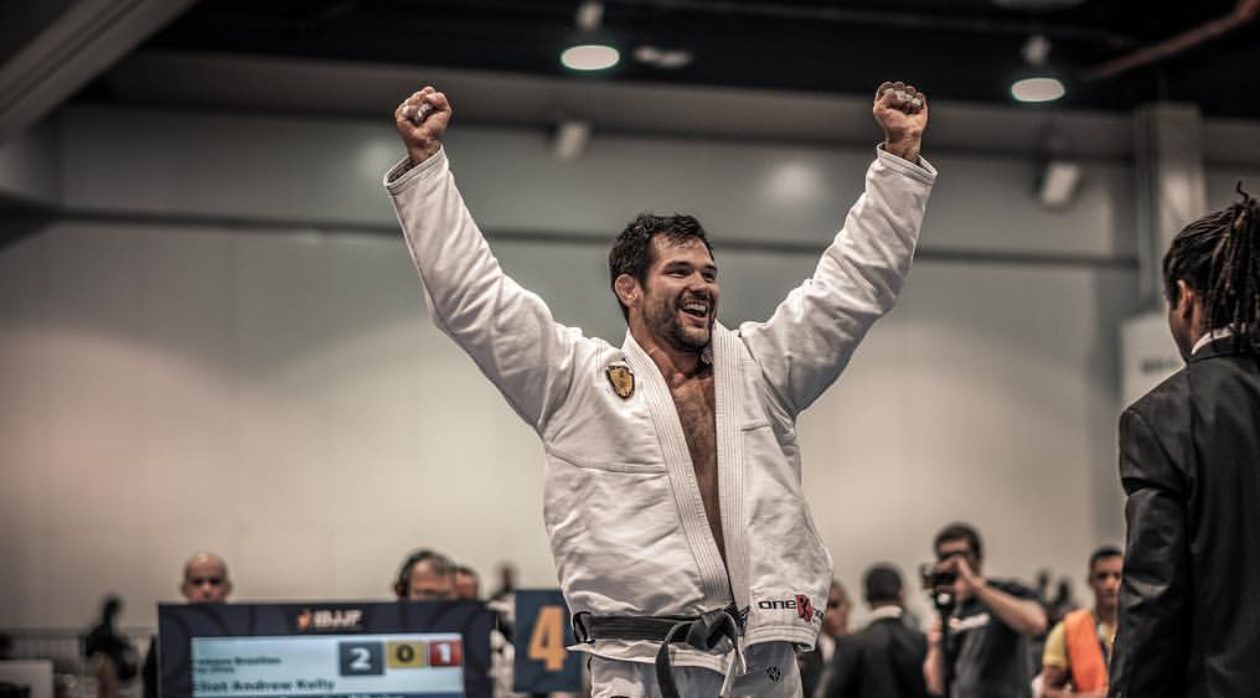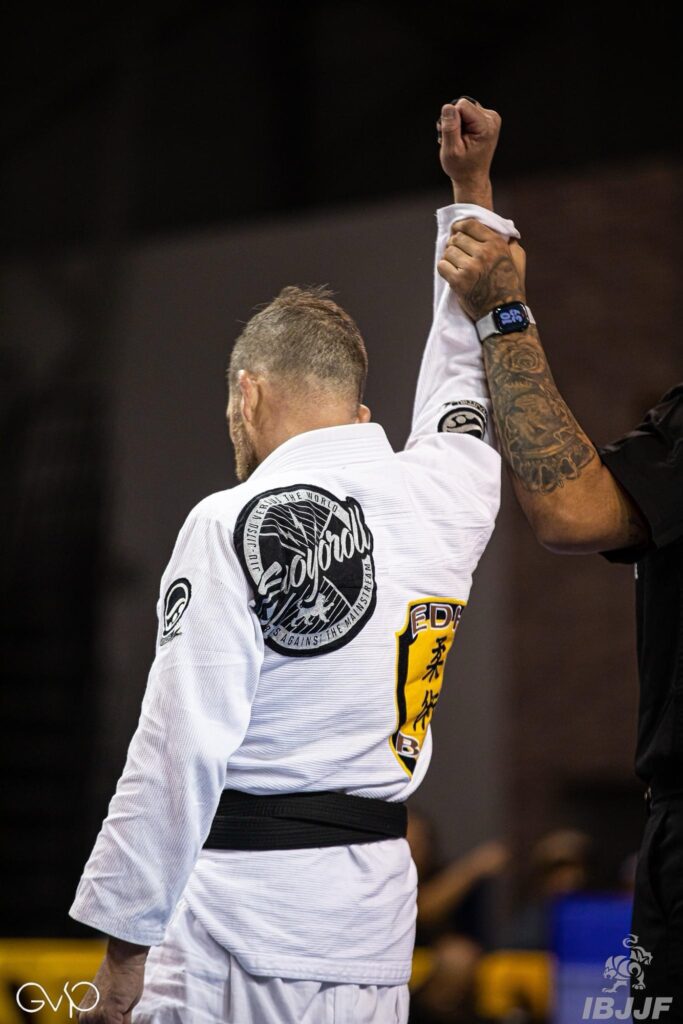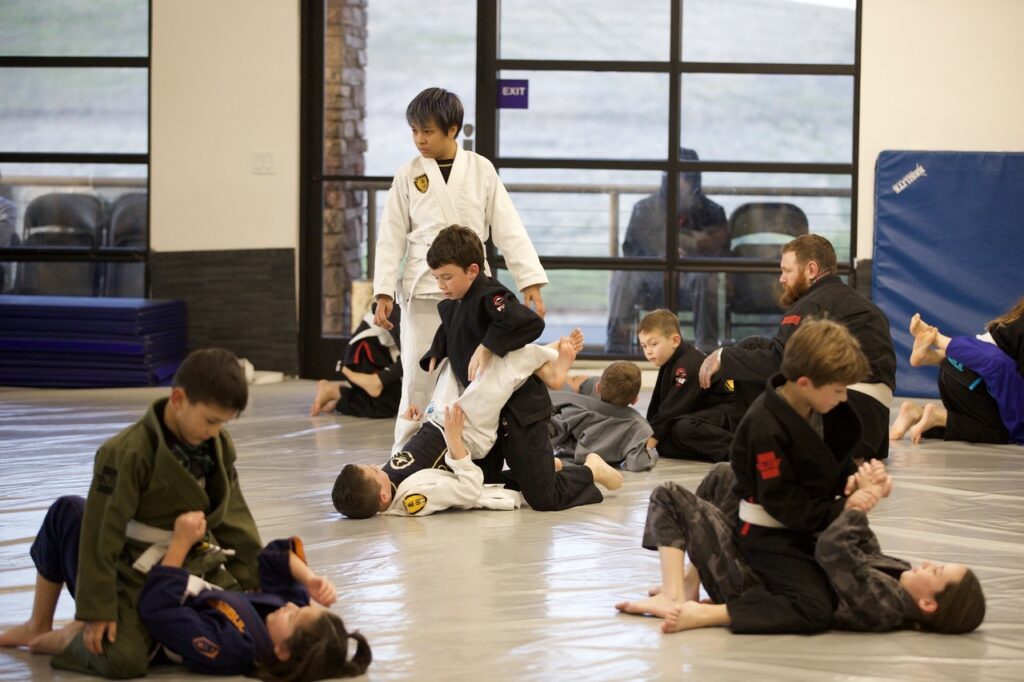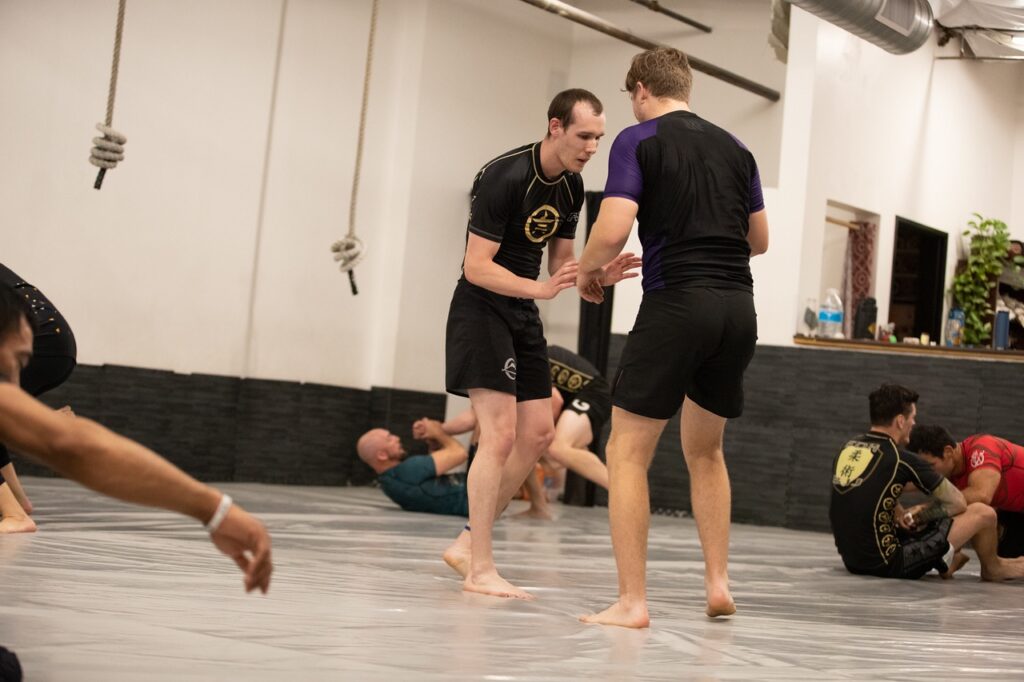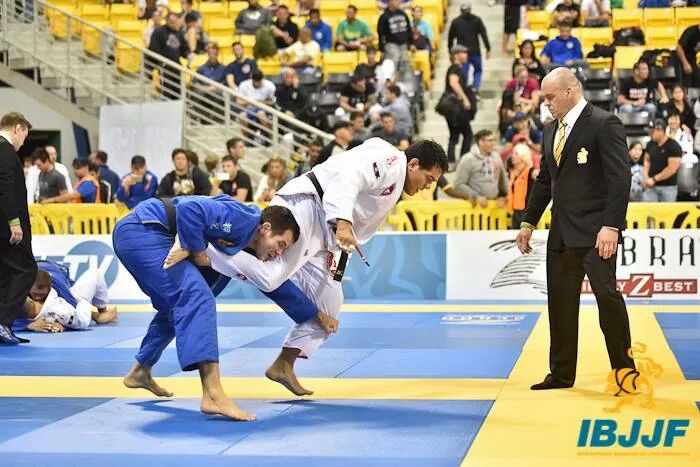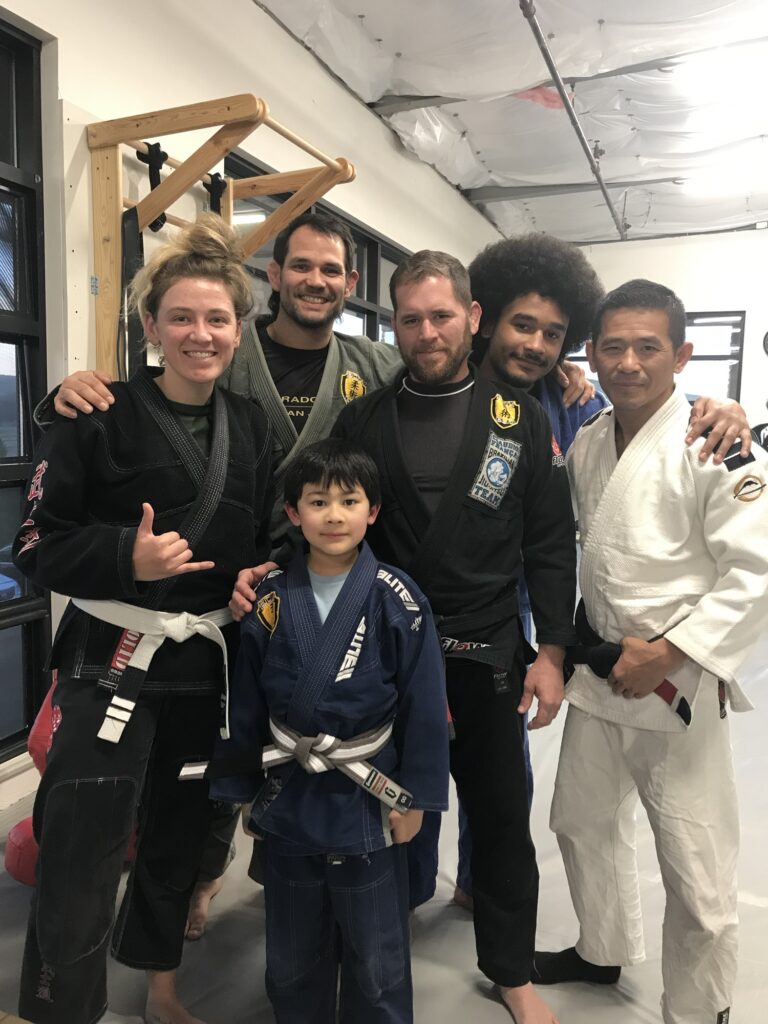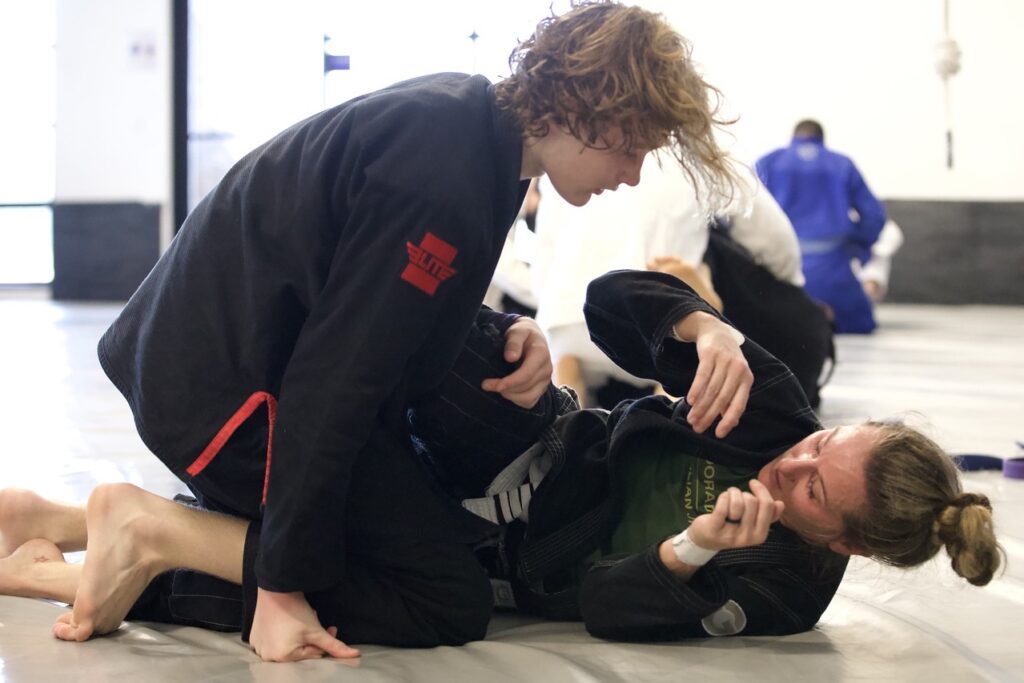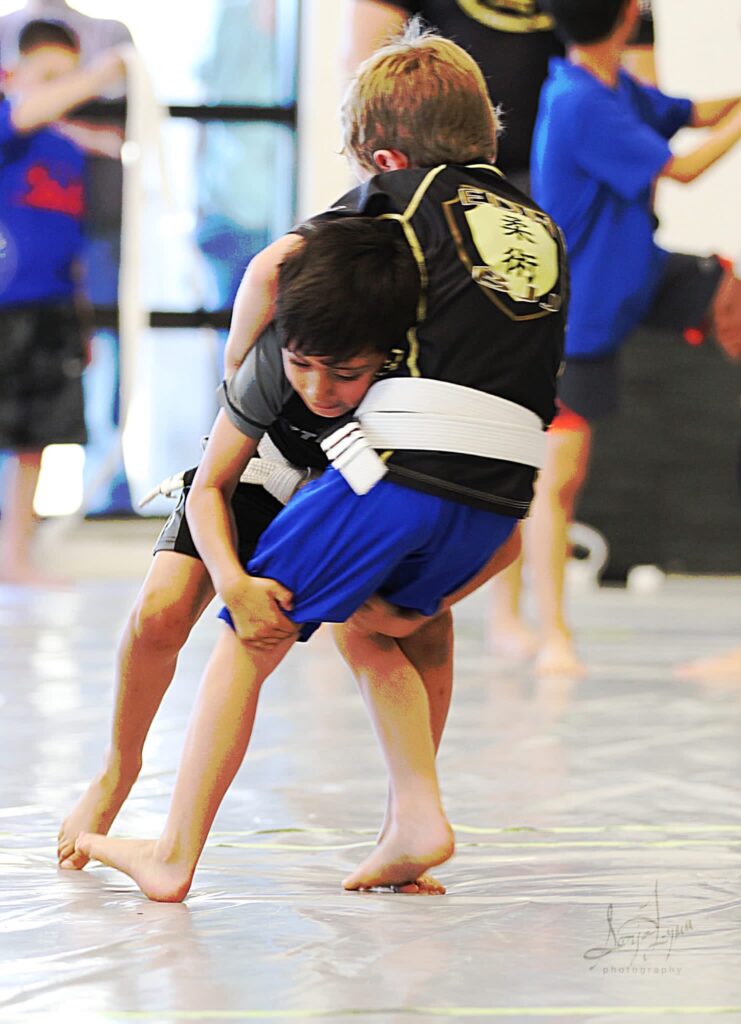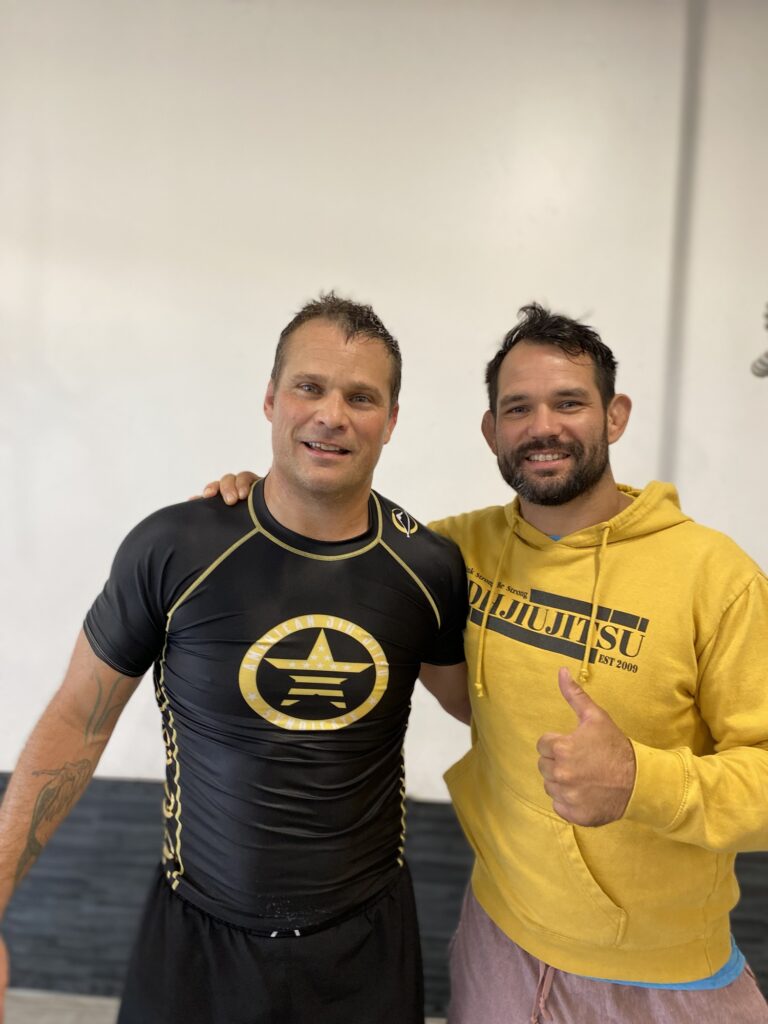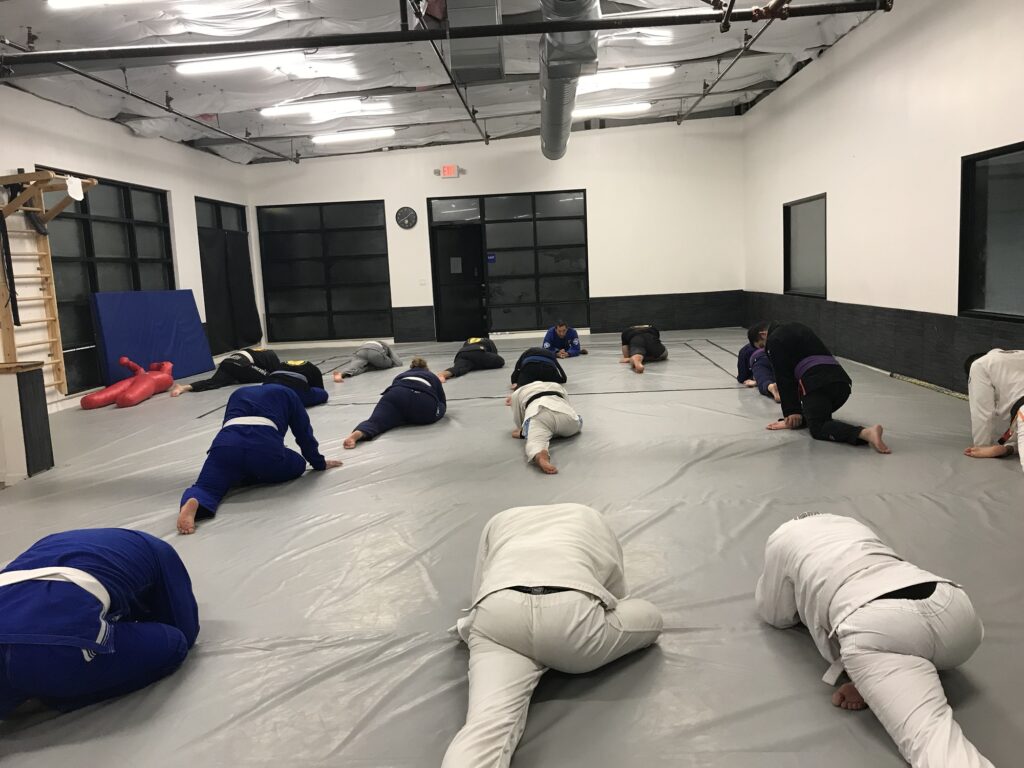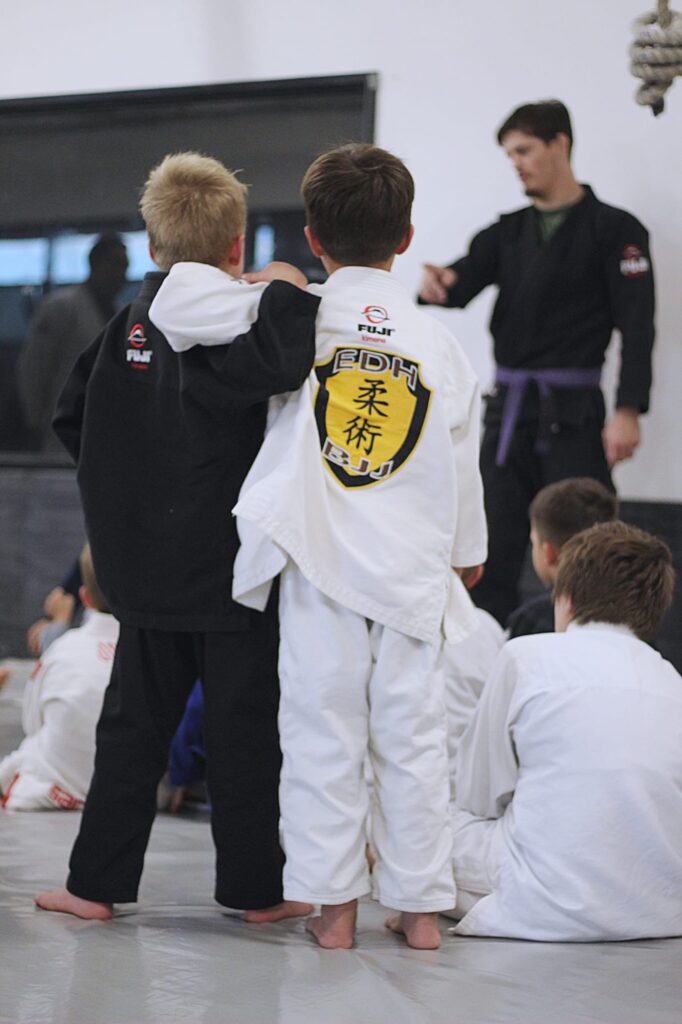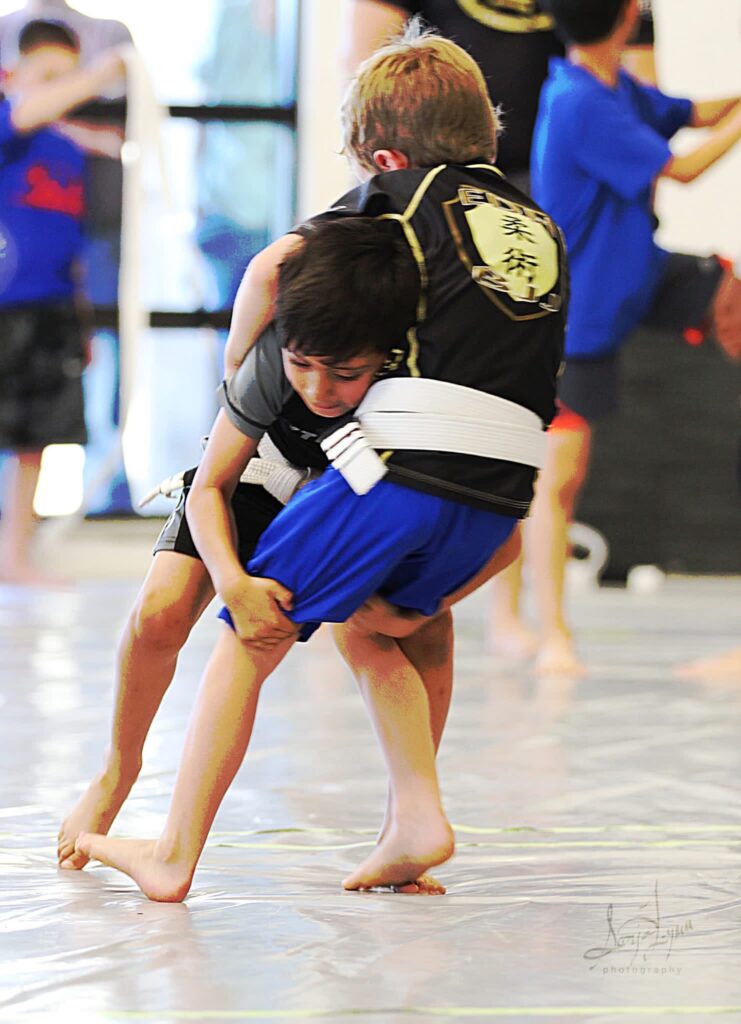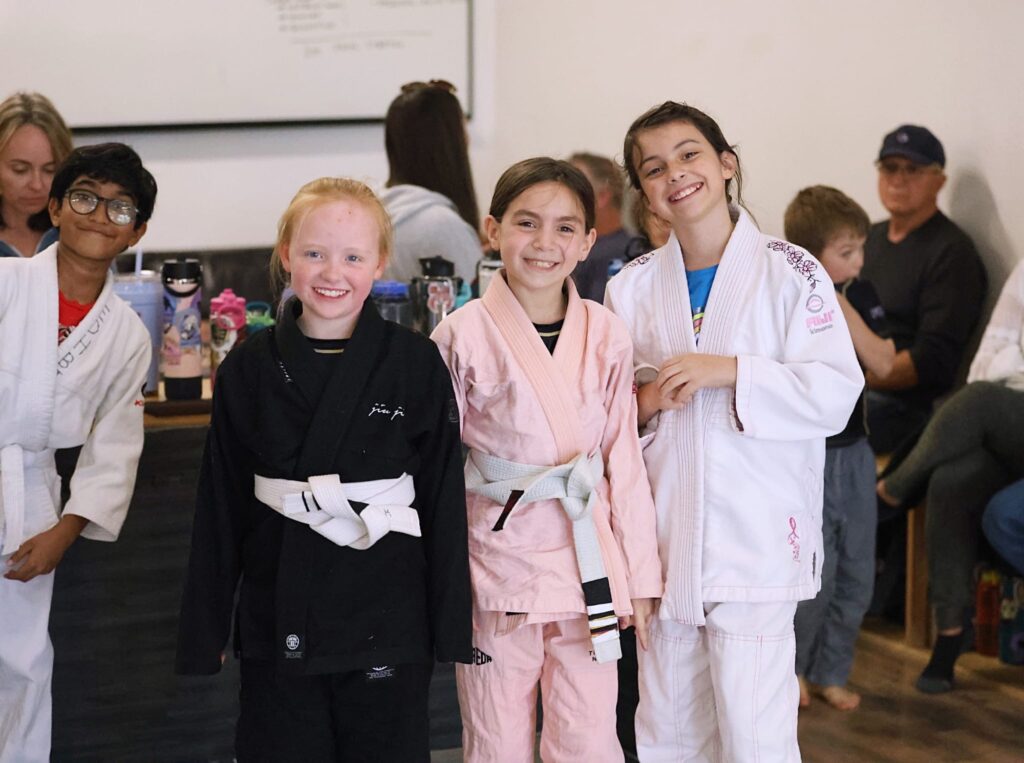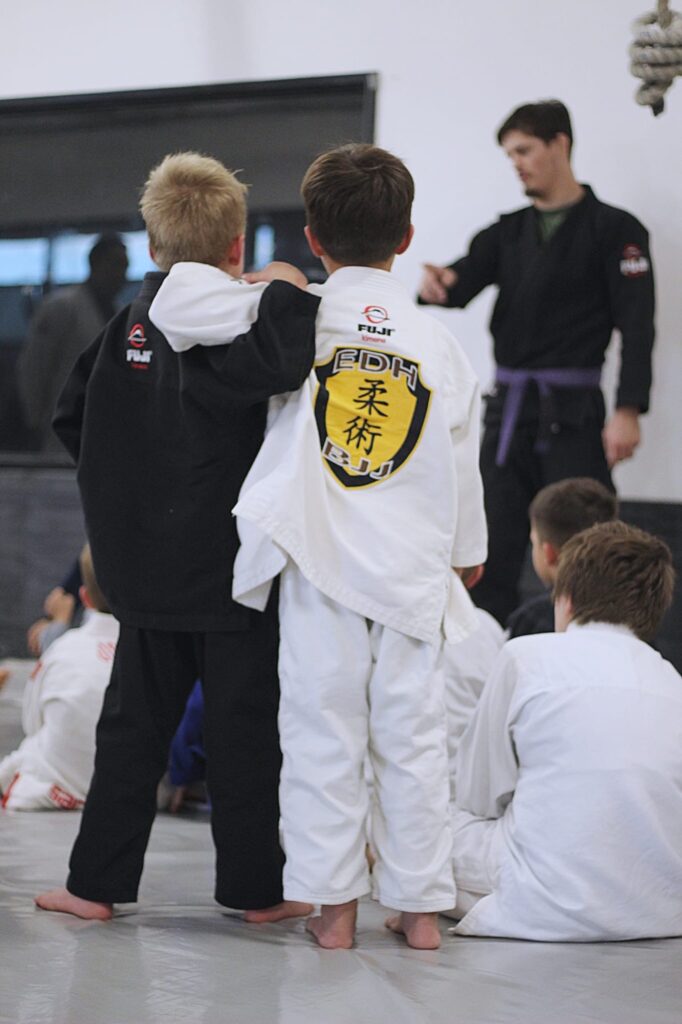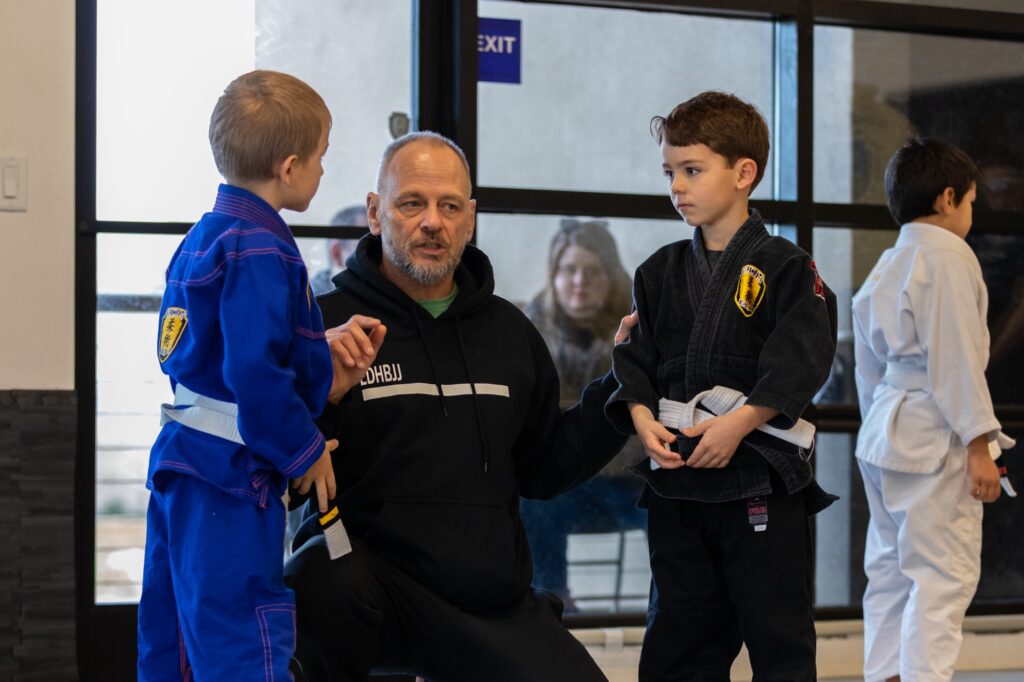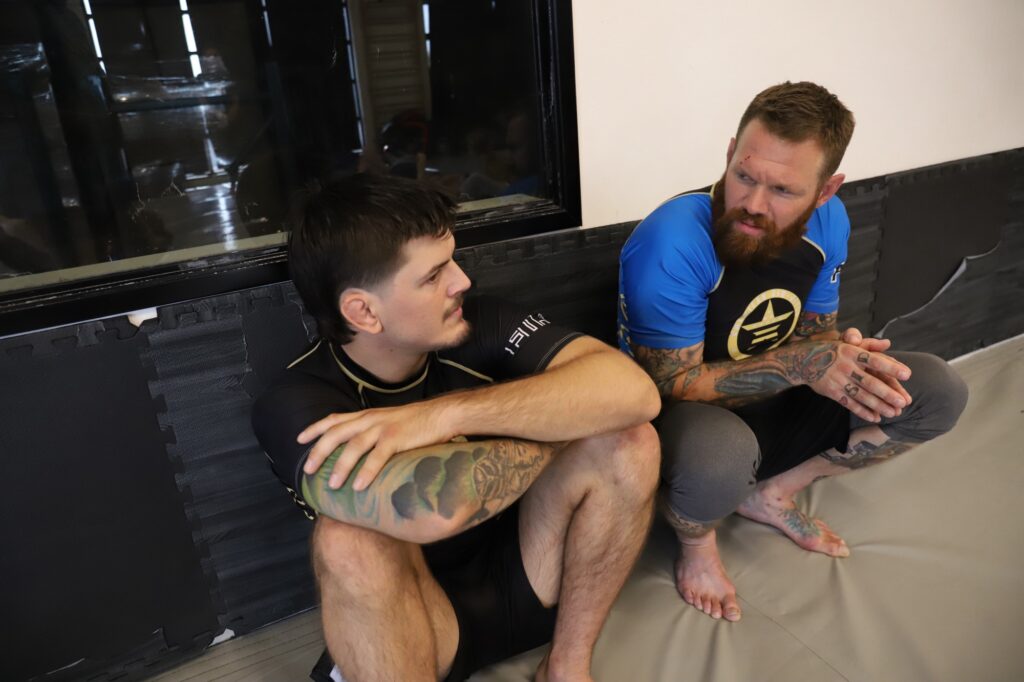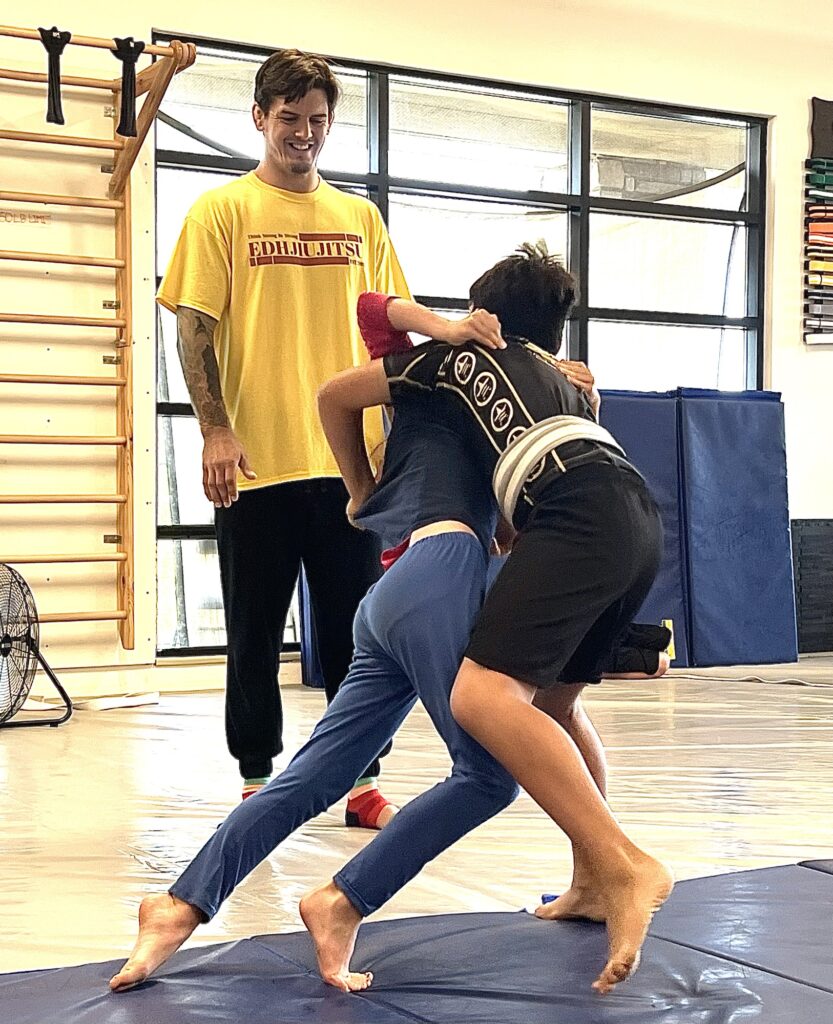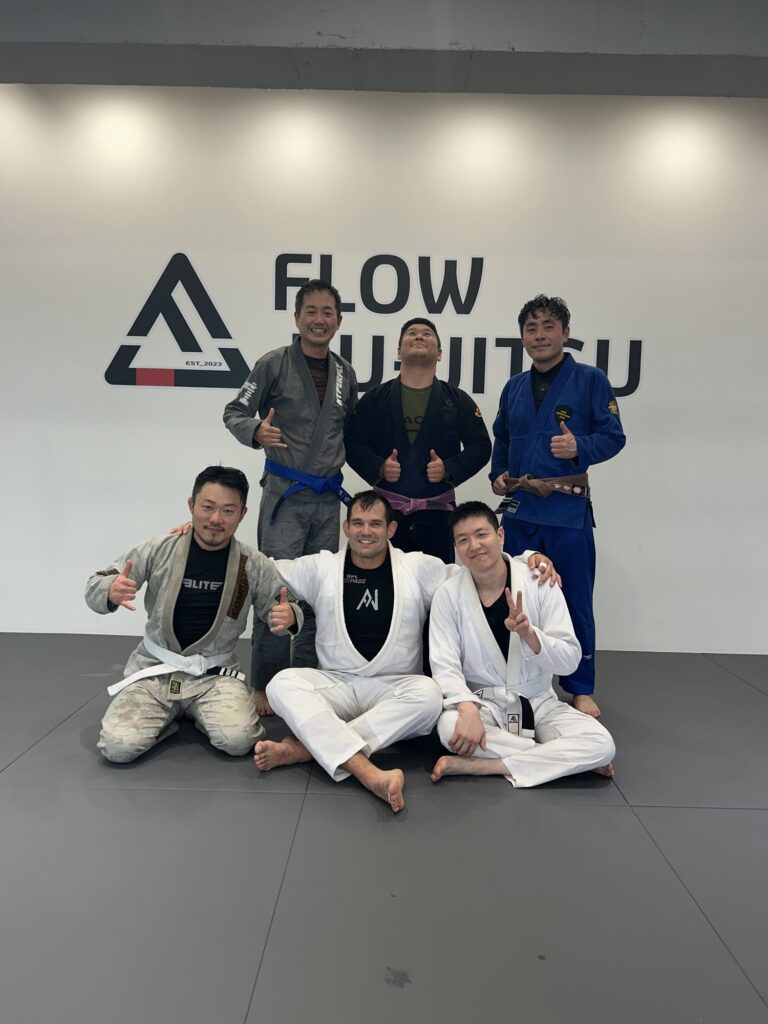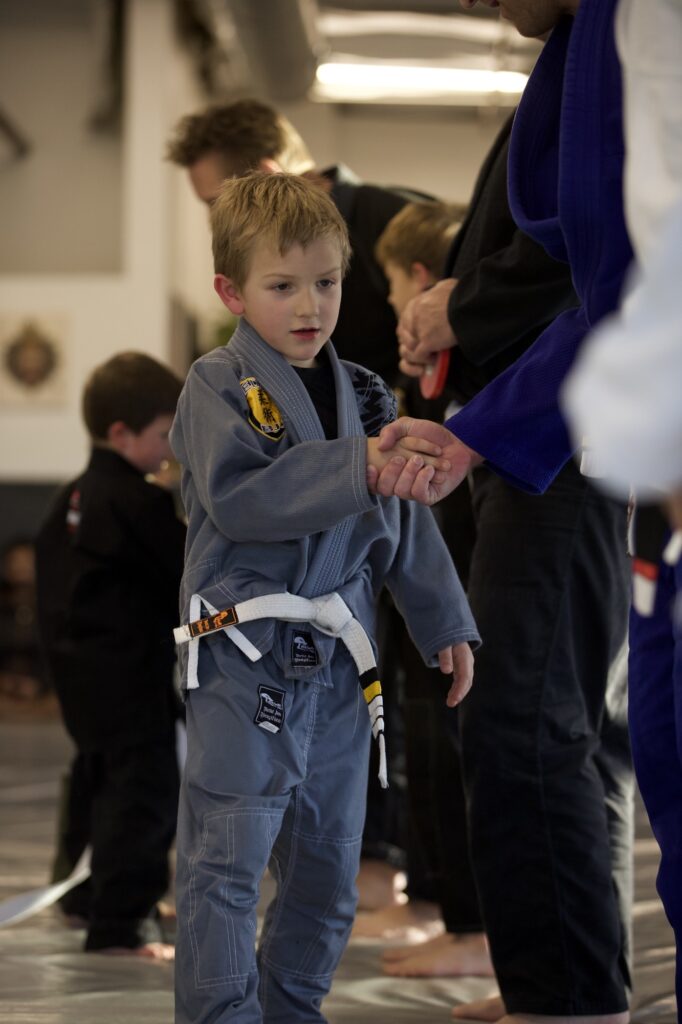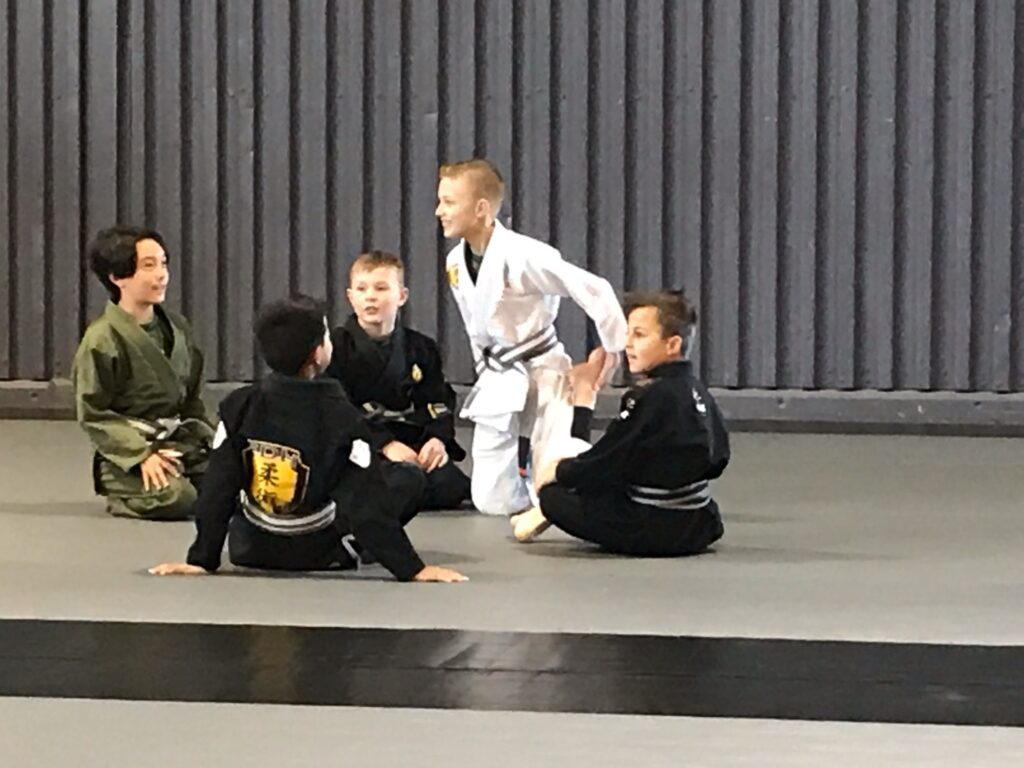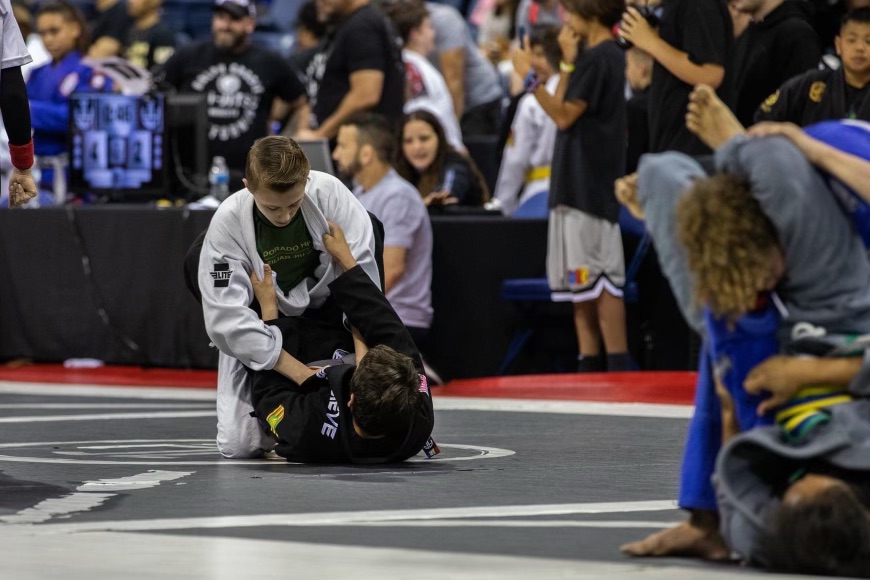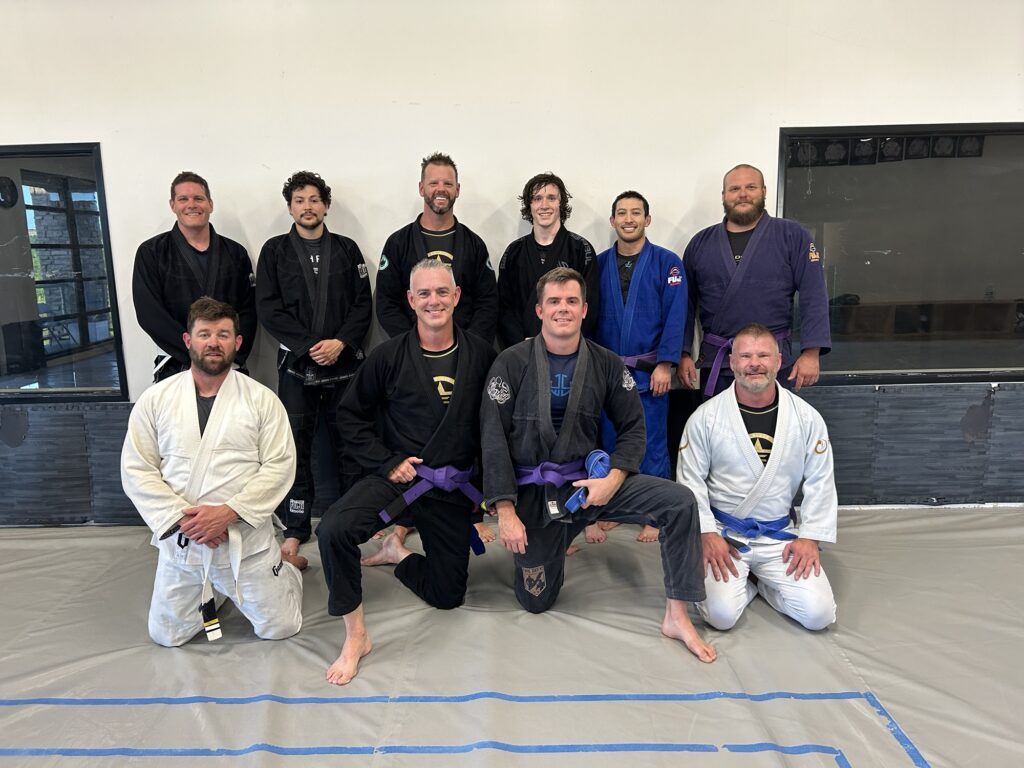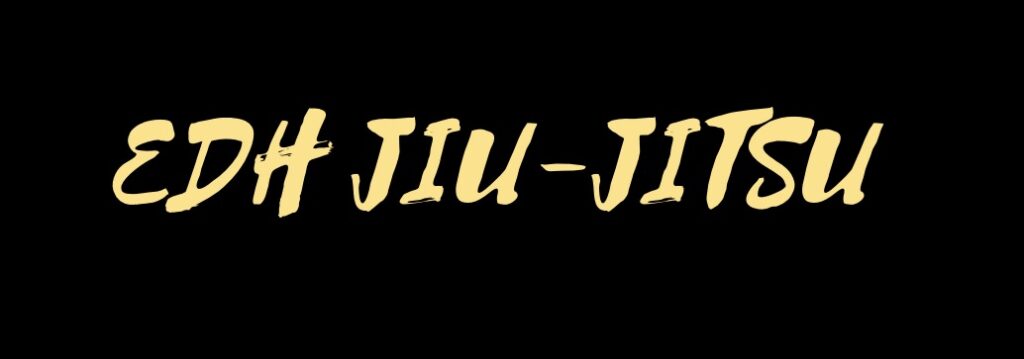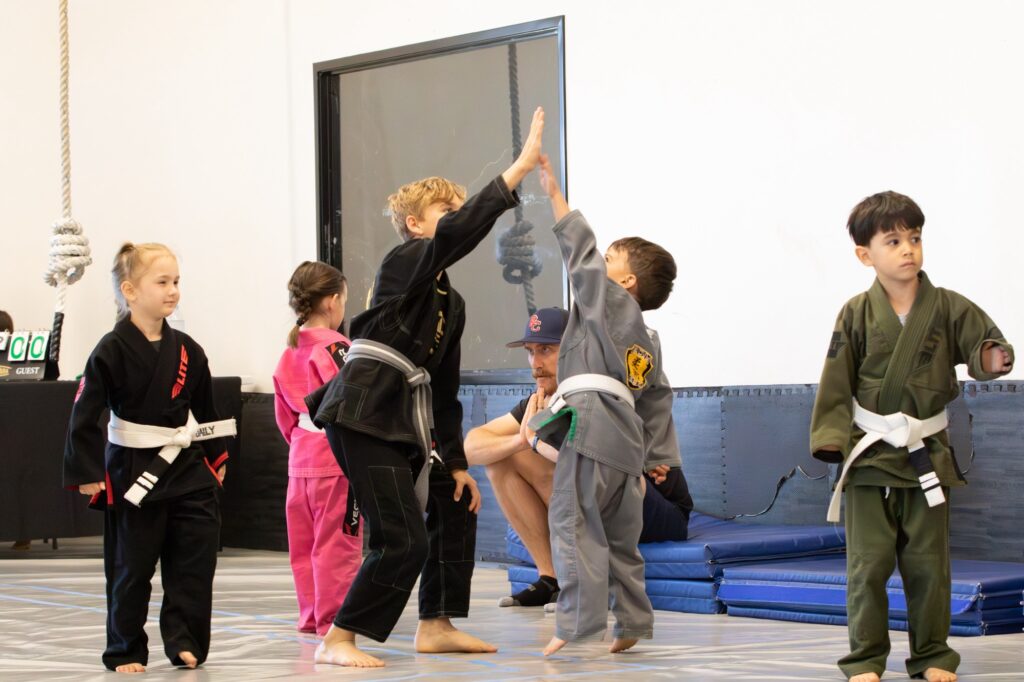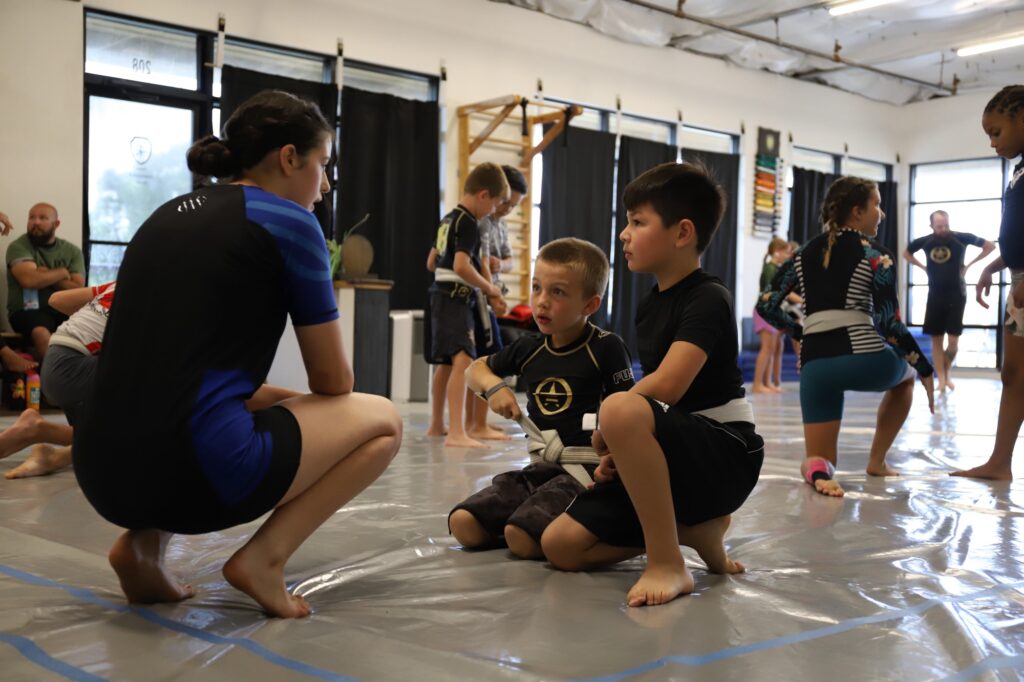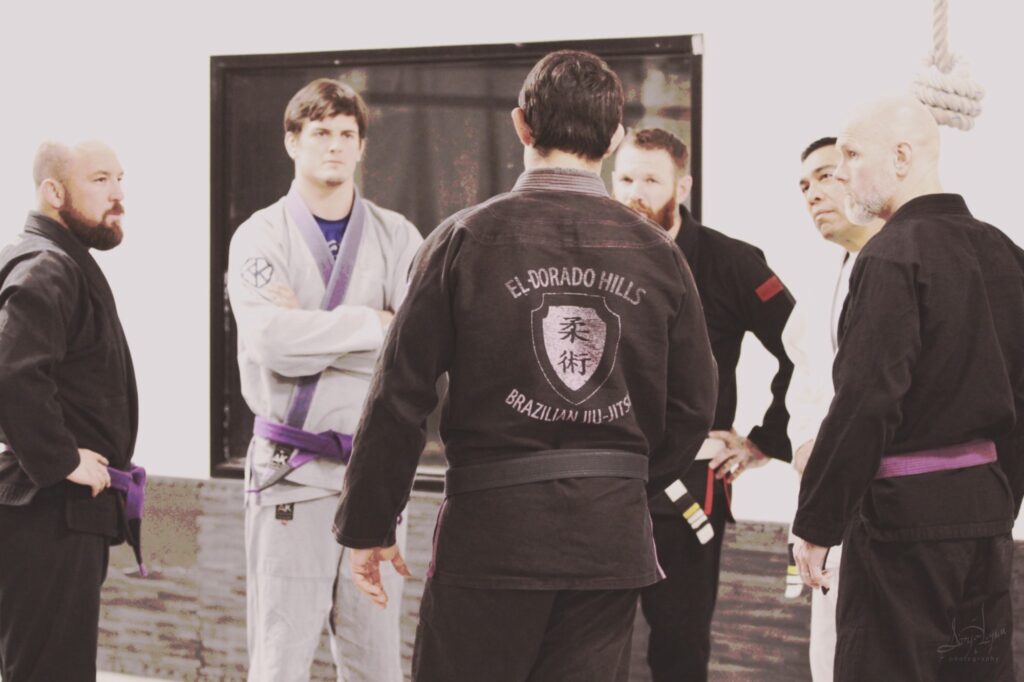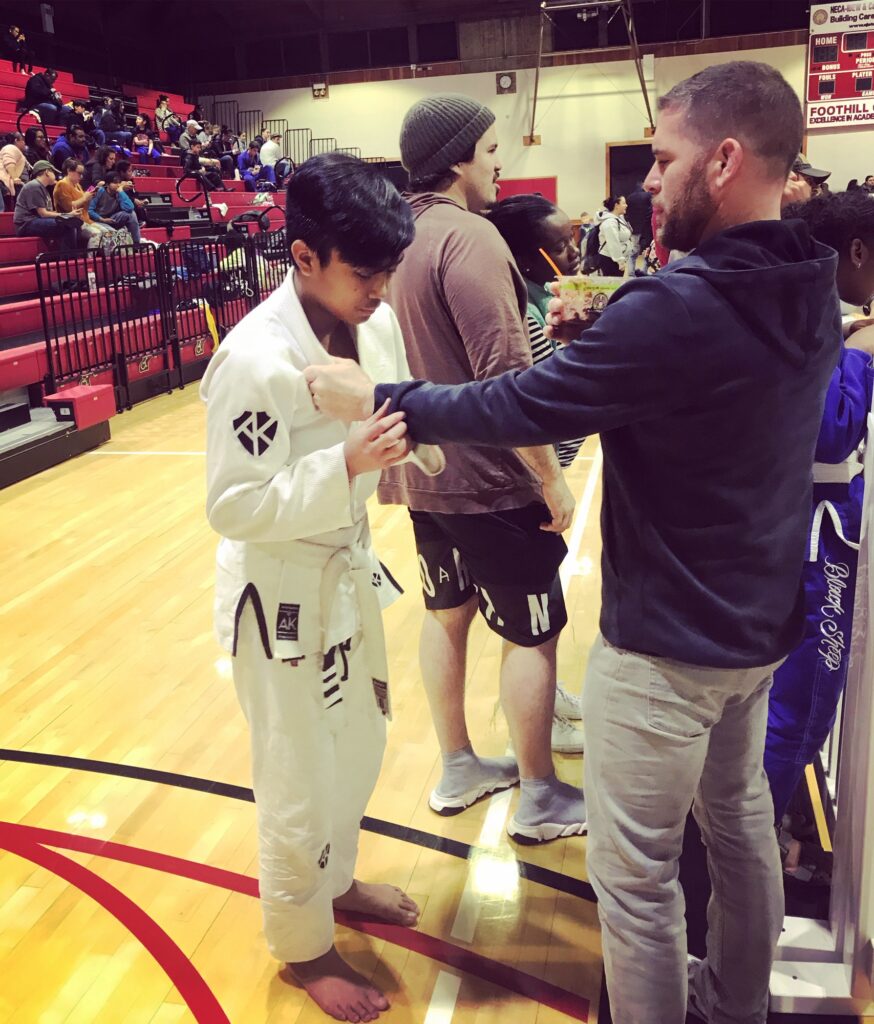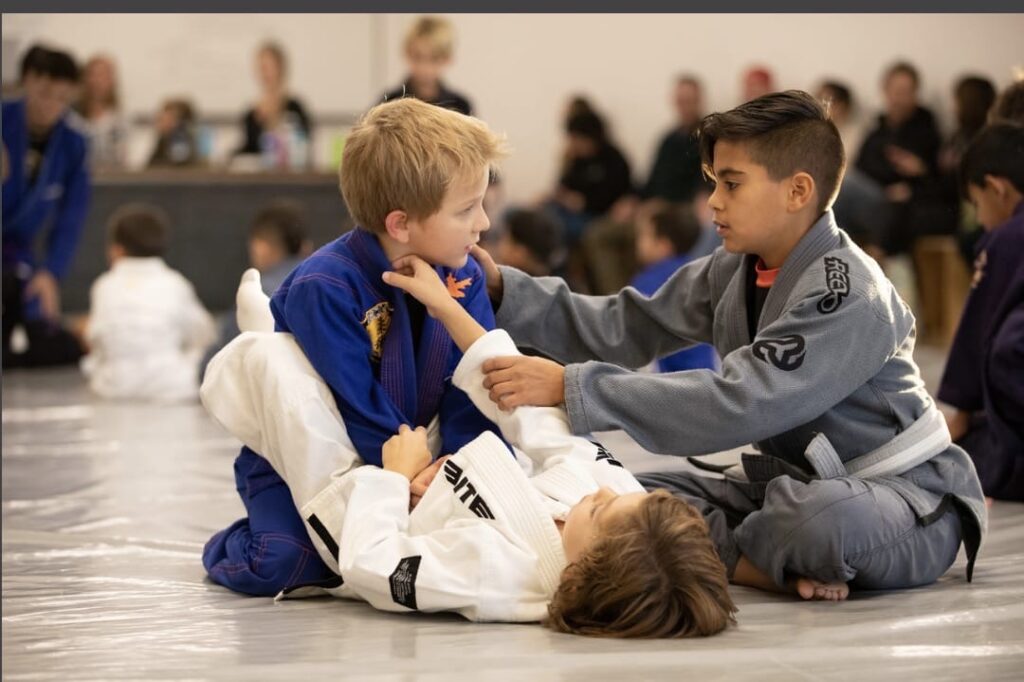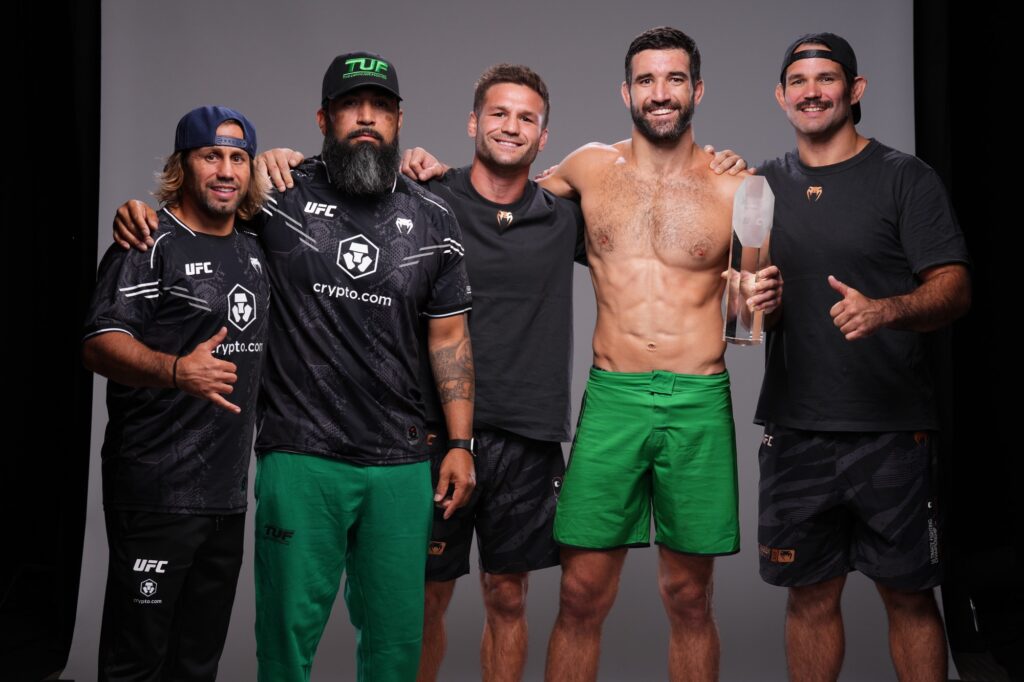
At El Dorado Hills Jiu Jitsu, we take immense pride in the achievements of our athletes and coaches. One of the most recent and remarkable successes comes from Ryan Loder, who has been crowned The Ultimate Fighter champion! This incredible accomplishment not only highlights Ryan’s dedication and skill but also underscores the importance of the mentorship provided by our very own Coach Eliot Kelly.
Ryan Loder: A Champion’s Journey
Ryan Loder’s journey to becoming The Ultimate Fighter champion is a testament to his relentless work ethic, technical prowess, and mental toughness. A former Division 1 wrestler with a deep-rooted passion for martial arts, Ryan has always been a fierce competitor. His transition to mixed martial arts was marked by his determination to master all aspects of the game, from striking to grappling, and everything in between.
In the octagon, Ryan’s wrestling background has been a cornerstone of his success, allowing him to control his opponents and dictate the pace of the fight. But what truly sets Ryan apart is his ability to blend his wrestling with high-level jiu jitsu and striking, making him a well-rounded and formidable fighter.
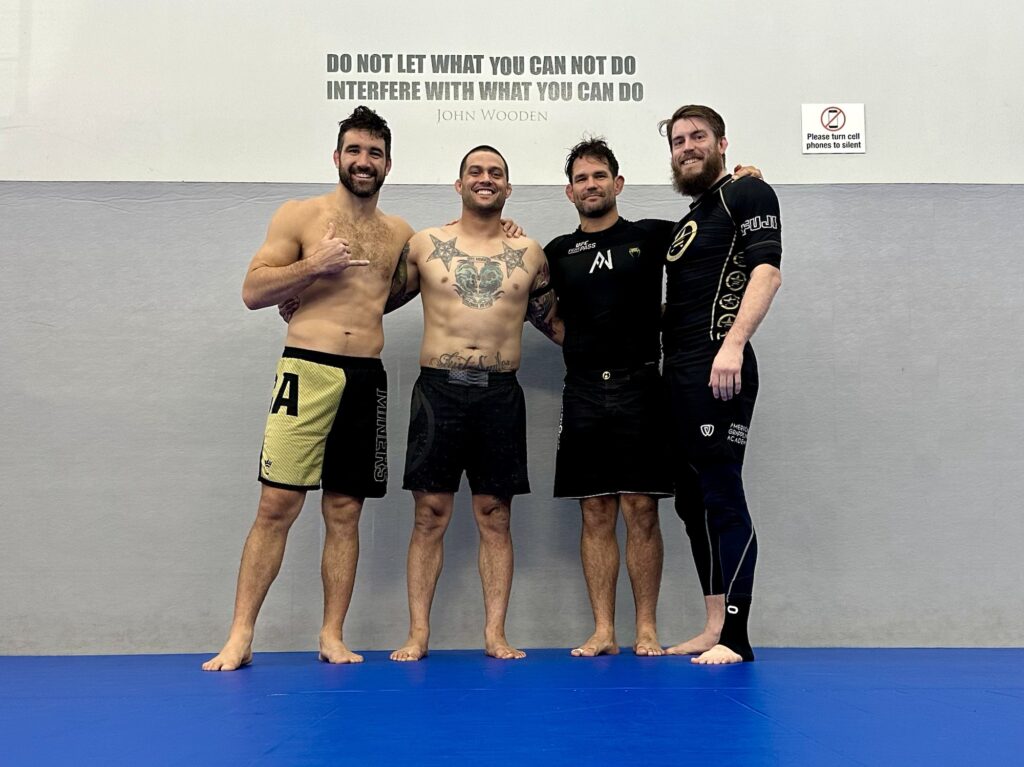
Coach Eliot Kelly:
Behind every great fighter is a great coach, and for Ryan Loder, Eliot has been involved as a coach in the grappling arts. Eliot’s extensive experience in jiu jitsu and his deep understanding of the sport have been instrumental in Ryan’s development as a mixed martial artist. As one of the coaches at El Dorado Hills Jiu Jitsu, Eliot has consistently emphasized the importance of discipline, strategy, and adaptability—qualities that have clearly paid off for Ryan.
Eliot’s coaching philosophy is centered around the idea of continuous improvement, or “kaizen.” He encourages his students to always seek out areas for growth, whether in technique, conditioning, or mental fortitude. This mindset has not only helped Ryan refine his skills but also prepared him to face the toughest challenges in The Ultimate Fighter competition.
A Celebration for the Community
Ryan Loder’s victory is not just a personal achievement; it’s a win for the greater Sacramento area. It serves as a powerful reminder of what can be accomplished through hard work, dedication, and the right guidance. For our students, both young and old, Ryan’s success is an inspiration to strive for greatness in their own martial arts journeys.
As we celebrate Ryan’s victory, we also extend our deepest gratitude to Coach Eliot Kelly for his unwavering commitment to his students and his role in shaping champions both on and off the mat.
Looking Ahead
The future is bright for Ryan Loder, and we’re excited to see what’s next for this rising star in the world of mixed martial arts. As for our community at El Dorado Hills Jiu Jitsu, we will continue to support and learn from both Ryan and Eliot, as they exemplify the spirit of excellence that we strive for every day.
Whether you’re a seasoned practitioner or just starting your martial arts journey, Ryan Loder’s story is a powerful example of where dedication and the right coaching can take you. Join us on the mats at El Dorado Hills Jiu Jitsu and be part of a community where champions are made.

